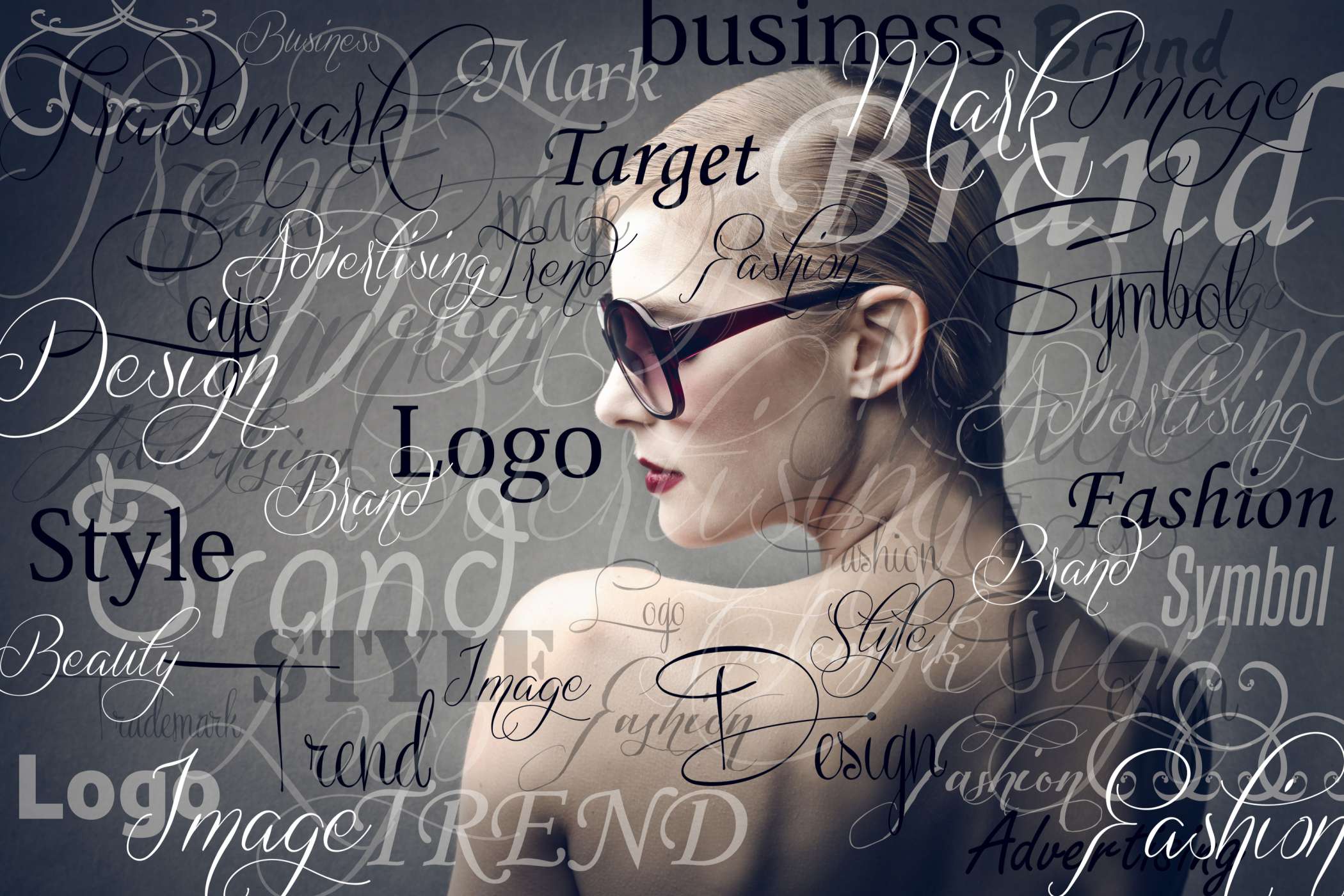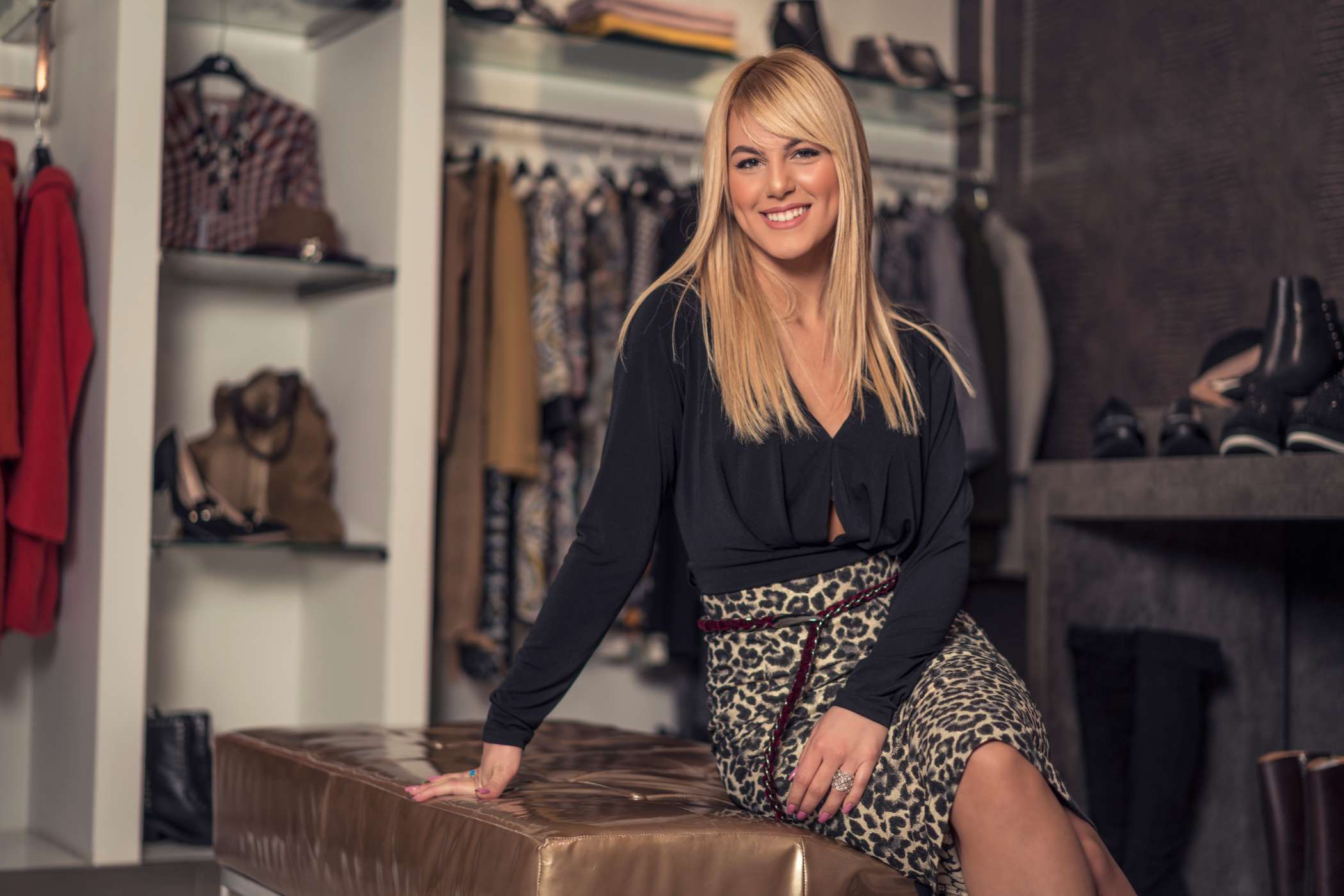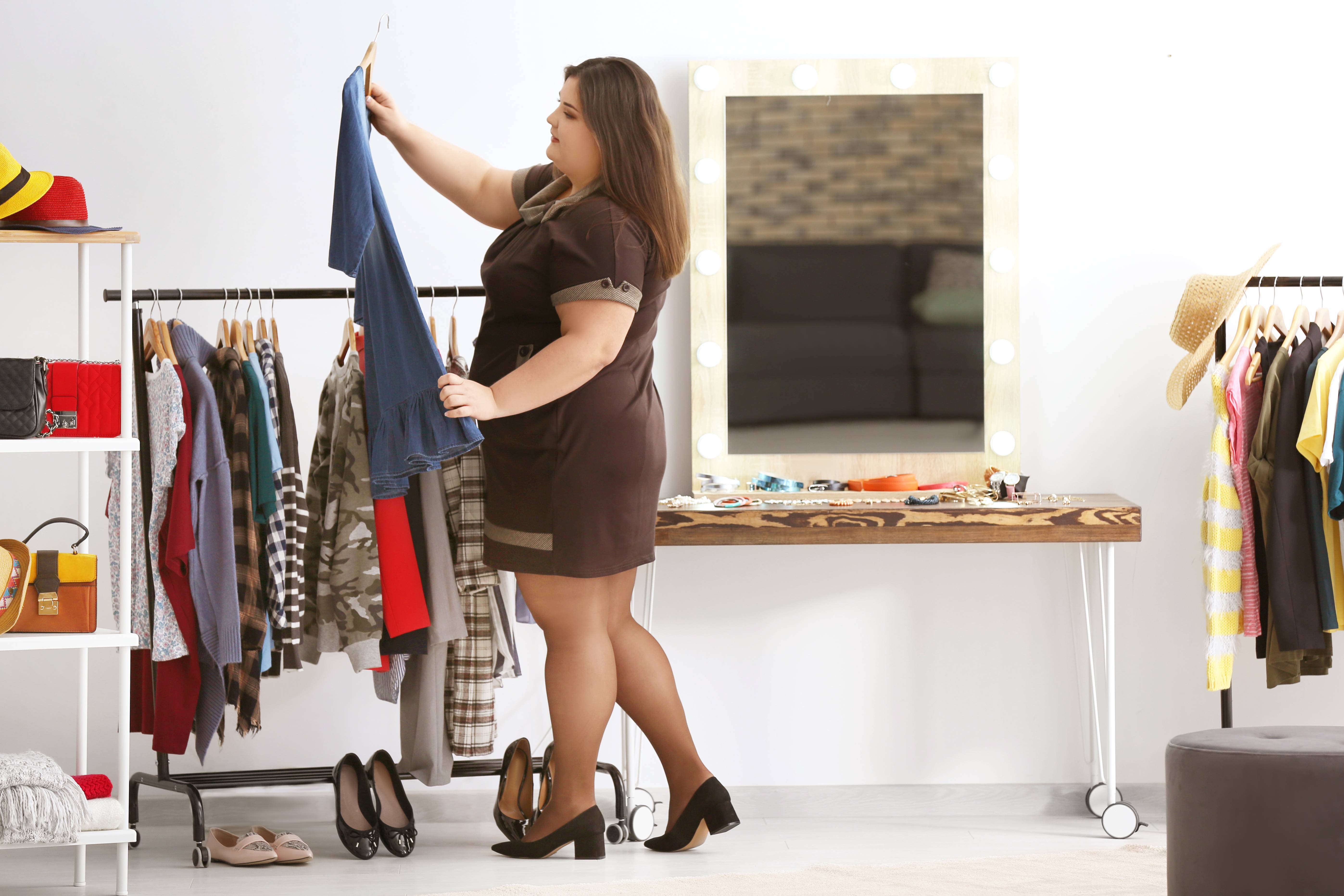Why Is The Lena Dunham Clothing Line With 11 Honoré For Plus Size Women So Problematic?

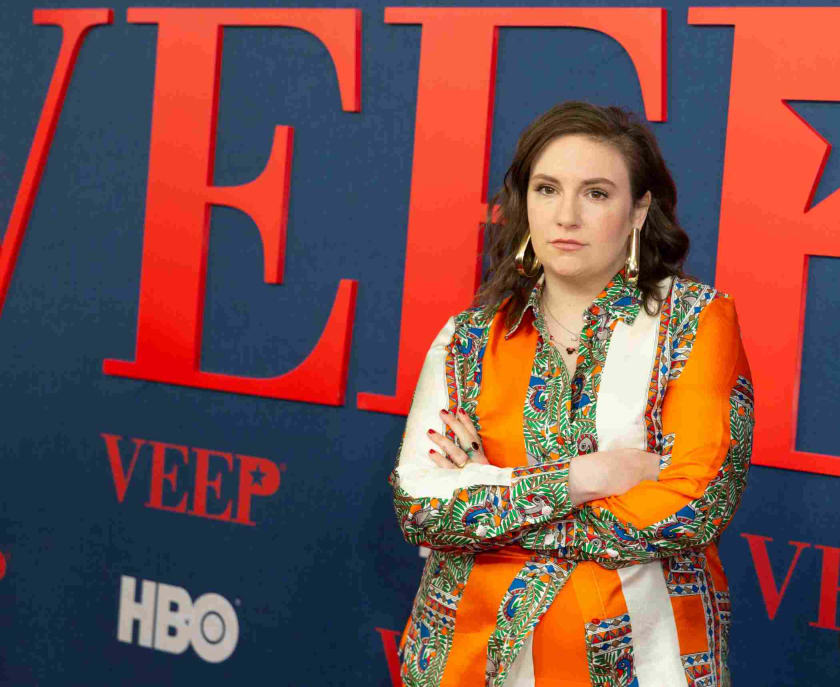

Fashion for plus size people has become the new trend to drive inclusivity and body positivity, but what designers fail to acknowledge is the need for accurate representation. Lena Dunham, the creator of HBO’s ‘Girls’ recently launched her ‘plus-size’ capsule collection of clothing together with 11 Honoré. Unfortunately, following the launch of the collection, the creator started facing immediate backlash from the plus-size community.
Some felt that the problem with the Lena Dunham Clothing Line was Lena Dunham herself and her privileged, myopic worldview of the fat community at large. An investigation into everything problematic associated with the fashion line would reveal an array of issues, we’ve looked at a few below:
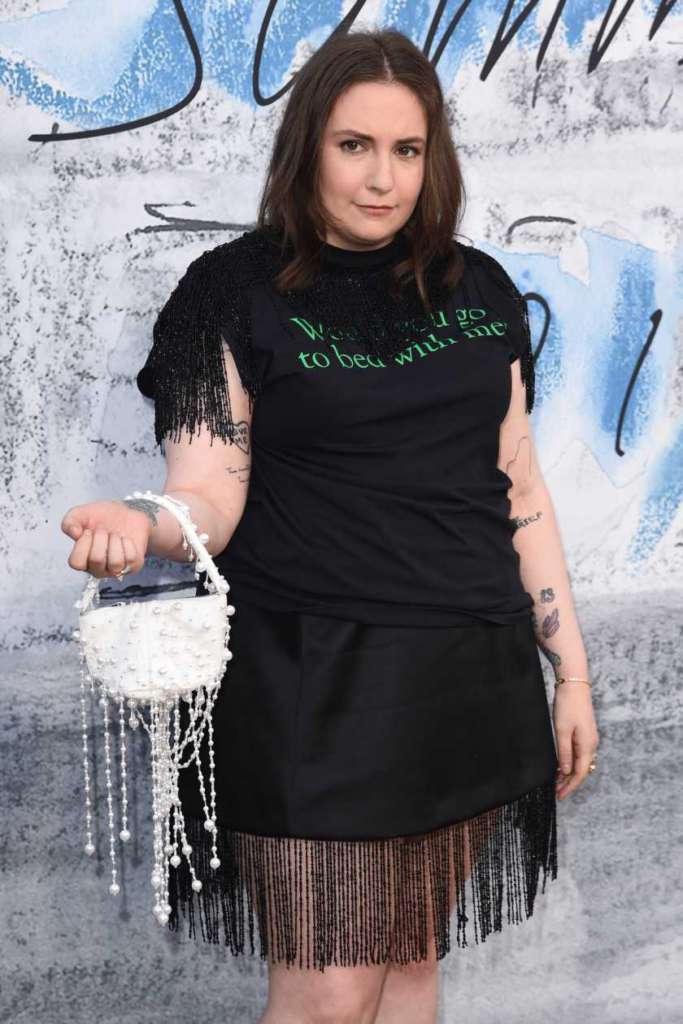
Problems with the Lena Dunham Clothing Line:
- For an ‘inclusive’ collection, the sizes stop at just 26
A majority of the retaliation that the clothing collection faced was because sizes started at 14 and ended at a mere 26. An average American wears a size 16, and even though Lena Dunham might usually be the bigger person in a room full of models, her size 14 is just average. For the actual plus-size community, the size range should at least be up to 40. When compared to the Lena Dunham Clothing Line, supposedly a plus-sized collection, a brand like ‘Universal Standard’, that has sizes up to size 40, seems to be much more inclusive. Like Roxanne Gay, the writer of ‘Bad Feminist’, and the plus-size, black model for Universal Standard tweeted: “An inclusive clothing line has to go past 26, and that is all I will say about that.”
- Internalized fat-phobia on the part of Lena Dunham herself
For someone aiming to create and promote a clothing line for plus-sized people, Lena Dunham had many problematic things to say in the interviews leading up to the launch of her collection. She reportedly gained some weight due to steroid medications she took during her covid complications in May, earlier in the year. This caused her to gain some face fat, which she was not at all happy about, according to her comments in her interview with the Times: “I’m trying to be chin positive. I can deal with anything, but a triple chin is a hard place to land.”
The comment can well be perceived to be intolerant and insensitive towards someone of a size 30 or a 40, and should have been the last thing coming from a woman trying to sell her position as a plus-size fashion designer. This comment showcased her internalized fat-phobic attitude, and her interviews revealed her as nothing of the body-neutral person she claimed to be in her show ‘Girls’.
- All of the items were in neutral colors
As a fat person conscious of the flaws and imperfections of her body, Lena Dunham should have known how neutral tones tend to enhance flab. She has promoted body-neutrality instead of body positivity because she knows that sometimes trying to be forcefully positive about one’s body is also about conforming to a certain stereotype. Even though the line was about feeling liberated in one’s skin, darker tones would have helped in boosting the sensuous side of plus-size women even further. The failure to acknowledge this was also a flawed decision on the part of the designer.
- White privilege
The Lena Dunham Clothing Line did not take responsibility for the fact that ‘inclusivity’ also meant including women of color. Her models failed to represent diversity, and thus her collection agitated a whole section of black plus-sized women, who felt deprived of accurate representation. Lena Dunham has been portrayed as a rich white woman ever since the launch of her collection. The fact that she was blissfully unaware of the representation she was supposed to infuse within her ‘inclusive’ clothing line only helped fan a negative image even further.
- Issue of pricing
Statistically, every plus-sized person earns consistently less when compared to an average-sized human being. It is a fact less acknowledged that poverty is not just associated with race or skin color in America, but also with bodyweight. Coming from that point of view, an angry consumer of the brand tweeted about the pricing being all off for a collection that showcased just five items - a white tank top, a hem dress, a scallop hem skirt, an anti-fit button-down blouse, and a blazer. The pricing screamed of the privilege that Lena Dunham came from. Furthermore, for something so minimalistic and simple, the collection just wasn’t worth the price.
Conclusion:
Coming from someone who promoted body-neutrality, Lena Dunham’s partnership with a brand like 11 Honoré proved to be rather disappointing. She could have collaborated with a brand that was already working in the field or launched one independently.
It is time that designers begin to realize that inclusivity is not just a marketing tactic they could employ to sell their collection to a target consumer base. The label of being inclusive comes with a huge responsibility - one that Lena Dunham's collection failed to recognize.















